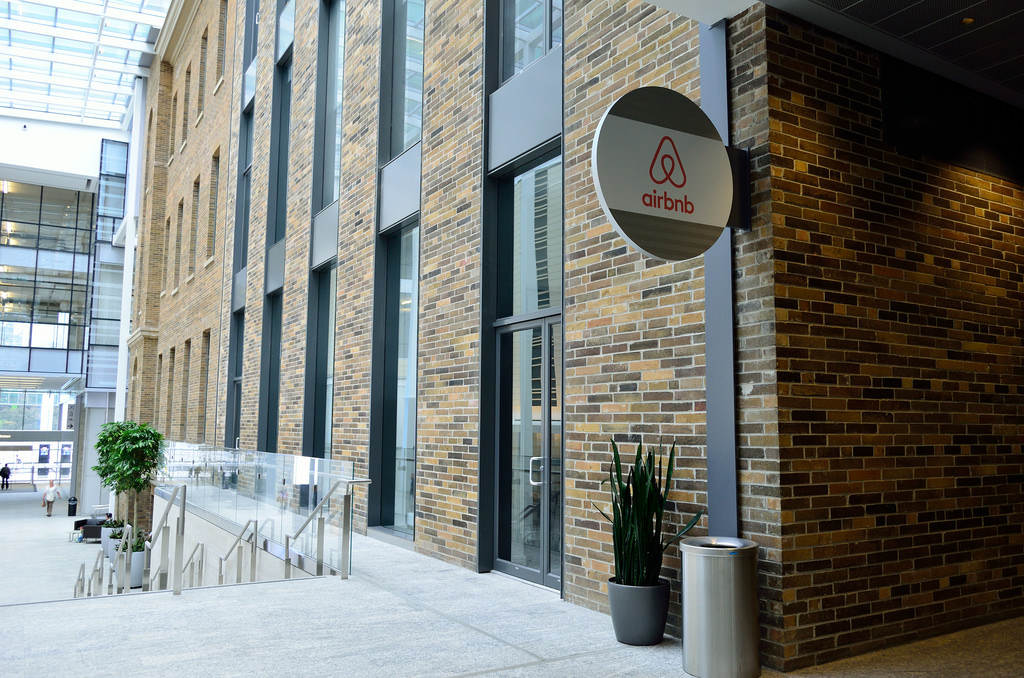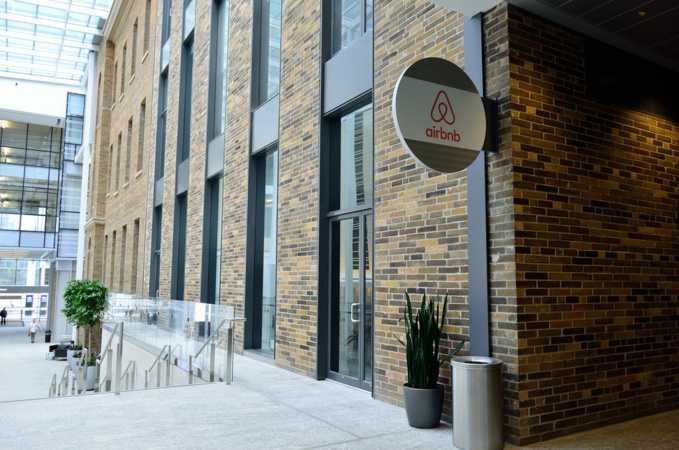Berlin: Airbnb and the problem of housing shortage
Since May 1, private individuals in Berlin can sublet the apartment, in which they live, to Airbnb, without temporary restrictions, provided that they continue to live there. The second apartment can be rented for a maximum of 90 days a year, and only if its owner does not own other accommodation in Berlin. At the same time, he needs to register with the district administration. The new rules are not expected to improve the difficult situation in the housing market.
Barcelona: refusal of mass tourism
"When tourists become plague". It’s a title of a Swiss radio show about the situation in Barcelona. Millions of tourists visit the capital of Catalonia every year. Many stay in private apartments, which increases rent for local residents. Since the Barcelona authorities do not have a reliable housing register, it is impossible to find out which flats are being leased illegally.
Lisbon: prices for rental housing are rising
Every year thousands of tourists go to the capital of Portugal, finding accommodation through Airbnb. As a result, there is more apartments for renting vacationers, but less housing for local people. An apartment’s owner receives an average of 900 euros per month, but Airbnb may easily triple the income.
Mallorca: new rules
The island’s authorities decided to stop the rental frenzy. Private housing - except for estates - can no longer be rented by tourists in the capital, the city of Palma de Mallorca. The island has long been struggling with negative consequences of mass tourism: lack of water, noise of endless parties, and now dramatically increased rent for housing.
Amsterdam: people against tourists
In 2016, Amsterdam provided 1.7 million bookings on Airbnb. Residents of the capital of the Netherlands are alarmed: drunk tourists from Britain and Germany are everywhere in the city during the weekends. At the beginning of the year, the Amsterdam authorities tightened the rules for renting a house: from 2019, its owners can do it for a maximum of 30 days a year.
Singapore: radical measures
Legislation in Singapore is tough. The attempt to relet a rented apartment in this Asian metropolis can encounter a huge fine. So, the local court fined two persons who illegally rented an apartment through Airbnb, for 37 200 euros. The reason: rent in Singapore is subsidized by the state.
Paris: a magnet for tourists from around the world
The authorities of Paris sued Airbnb and Wimdu, the second most popular resource for housing reservation. They accuse them of not complying with the rules of short-term housing, owners of which must register. But only 16% of 60 thousand rented apartments are registered. Over the past five years, almost 20,000 leased premises have been converted into apartments for tourists.
source: dw.de
Since May 1, private individuals in Berlin can sublet the apartment, in which they live, to Airbnb, without temporary restrictions, provided that they continue to live there. The second apartment can be rented for a maximum of 90 days a year, and only if its owner does not own other accommodation in Berlin. At the same time, he needs to register with the district administration. The new rules are not expected to improve the difficult situation in the housing market.
Barcelona: refusal of mass tourism
"When tourists become plague". It’s a title of a Swiss radio show about the situation in Barcelona. Millions of tourists visit the capital of Catalonia every year. Many stay in private apartments, which increases rent for local residents. Since the Barcelona authorities do not have a reliable housing register, it is impossible to find out which flats are being leased illegally.
Lisbon: prices for rental housing are rising
Every year thousands of tourists go to the capital of Portugal, finding accommodation through Airbnb. As a result, there is more apartments for renting vacationers, but less housing for local people. An apartment’s owner receives an average of 900 euros per month, but Airbnb may easily triple the income.
Mallorca: new rules
The island’s authorities decided to stop the rental frenzy. Private housing - except for estates - can no longer be rented by tourists in the capital, the city of Palma de Mallorca. The island has long been struggling with negative consequences of mass tourism: lack of water, noise of endless parties, and now dramatically increased rent for housing.
Amsterdam: people against tourists
In 2016, Amsterdam provided 1.7 million bookings on Airbnb. Residents of the capital of the Netherlands are alarmed: drunk tourists from Britain and Germany are everywhere in the city during the weekends. At the beginning of the year, the Amsterdam authorities tightened the rules for renting a house: from 2019, its owners can do it for a maximum of 30 days a year.
Singapore: radical measures
Legislation in Singapore is tough. The attempt to relet a rented apartment in this Asian metropolis can encounter a huge fine. So, the local court fined two persons who illegally rented an apartment through Airbnb, for 37 200 euros. The reason: rent in Singapore is subsidized by the state.
Paris: a magnet for tourists from around the world
The authorities of Paris sued Airbnb and Wimdu, the second most popular resource for housing reservation. They accuse them of not complying with the rules of short-term housing, owners of which must register. But only 16% of 60 thousand rented apartments are registered. Over the past five years, almost 20,000 leased premises have been converted into apartments for tourists.
source: dw.de



















